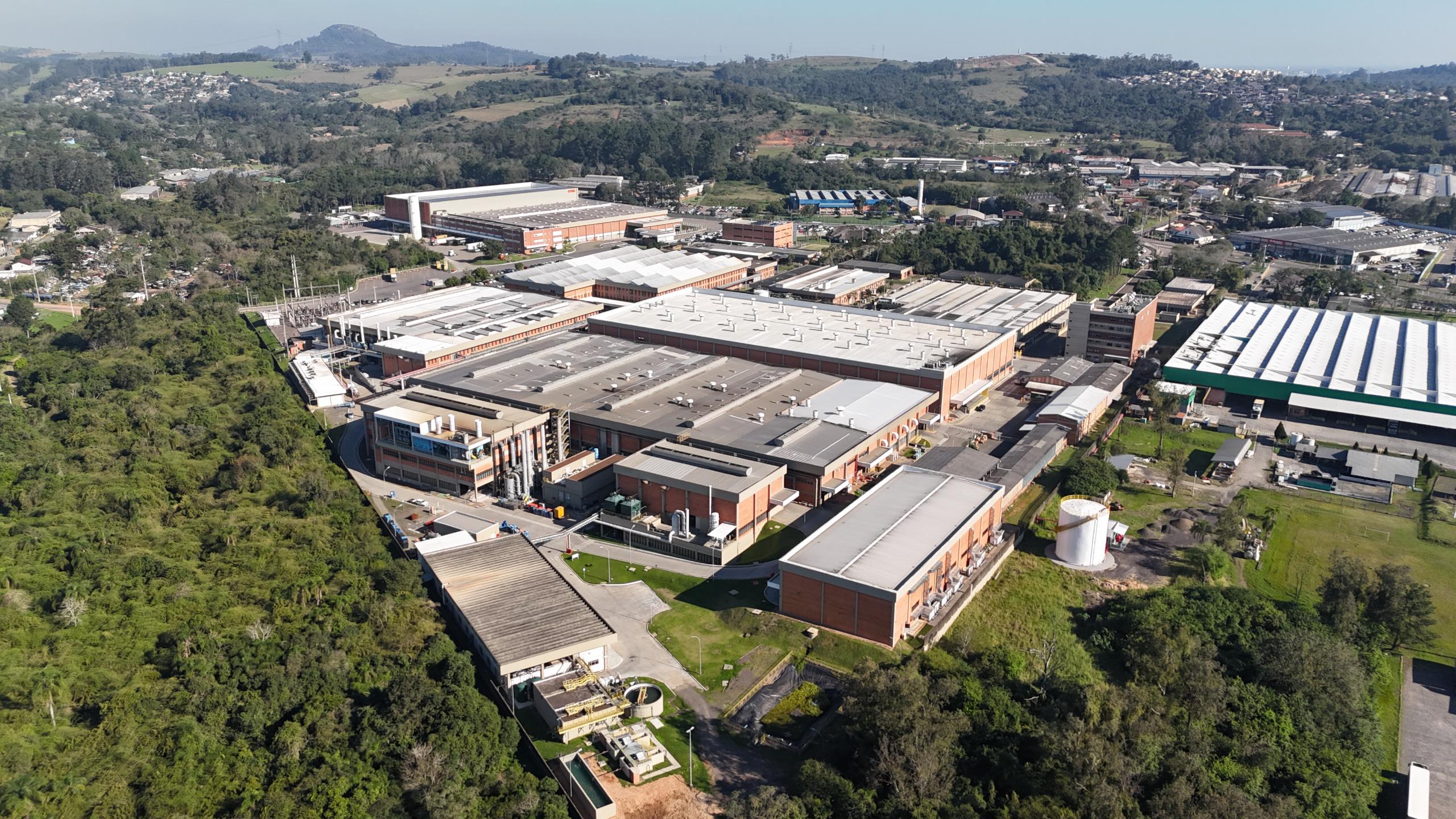Women at STIHL in Brazil can record inappropriate comments on post-its.
“Diversity is like inviting someone to a party; inclusion is like asking them to dance” – this has been the key principle of STIHL Brazil’s diversity program, “Programa Diversidade – STIHL para Todes” since 2019. The name translates to something like “STIHL for everyone”. The presence and inclusion in the workplace of women, people with disabilities, and members of the LGBTQIA+ community, irrespective of religion or ethnicity, is of paramount importance and part of everyday life at STIHL Brazil.
EMBRACING DIVERSITY
The Brazilian diversity program is separated into four different strands, working hand-in-hand and each managed by different employee groups: Gender, disability, ethnicity, LGBTQIA+. When the program was first launched, around 100 STIHL employees took part. Now that number has already risen to 200. The aim of the program, which is managed by HR business partner Andreia de Borba de Souza, is to shed more light on diversity in the workforce and change people’s views. “We believe that this has a positive impact on the company,” says the 36-year-old. “We create a safe and open environment that improves the perception of the company and positively influences the search for new talent and the spirit of innovation at STIHL.”

CHALLENGING WITH CHOCOLATE
Since 2019 the program has organised a number of activities and campaigns with the aim of raising awareness about the four groups. In November, for example, there was a particular emphasis on thinking about issues related to ethnic origin. This year, STIHL Brazil celebrated women’s month around International Women’s Day on March 8. All female employees received a bar of chocolate with the words “Tinha que ser mulher” printed on the label, which means something like: “That could only have been a woman.” Andreia de Borba de Souza explains the reasons behind the campaign: “We asked our women employees what phrases they had encountered because of their gender, and we found that women’s capabilities are dismissed again and again, or their femaleness is emphasized in a negative context.”
The label on the chocolate bar was a form of provocation and a reminder to all female employees that any woman can be just as intelligent and strong as any man. “We also invited female employees from various areas of the company to talk about being a woman at STIHL and how they progressed in their careers,” explains the head of the diversity program.

SETTING EXAMPLES
“I am a multi-functional operator in the engine factory,” says Lisandra Rech Faber. She sees herself as a role model for women at the factory who want to develop their skills. Eliane Barbosa Fortes, a foundry specialist, also took part in the campaign: “I am pleased that my work is being recognized, as I know how much responsibility comes with the decisions I make, and I’m happy to know that they are the best ones for STIHL.”
ACTIVELY SHAPING CHANGE
Alongside “STIHL for everyone”, in 2021 “Diversity School” was also launched in Brazil. This internal project focuses on managers and supervisors, training them and raising their awareness of a variety of diversity topics. So far, around two thirds of all managers at STIHL Brazil have completed the training. Some were skeptical at the start, and it’s exactly those voices Andreia de Borba de Souza wants to start with: “Everyone must be aware of the importance and relevance of diversity and equal opportunities so that we can be a diverse company. Managers have a particularly crucial role to play in making change.”

Employees who have attended the Diversity School receive a colorful lanyard to which their company I.D. can be attached. “Everyone wears the lanyard with pride,” de Borba de Souza adds. “The feedback is almost always positive, and the program enjoys universal acceptance throughout the company.”
STIHL Brazil has since become part of a network of various companies who have joined forces to promote diversity and learn from each other. “It’s essential that companies all over the world keep searching for ways to foster diversity and create a working environment where everyone experiences the same amount of appreciation and respect and is able to reach their full potential,” de Borba de Souza says. As they say at STIHL Brazil: “We want to ask people to dance every day.”

